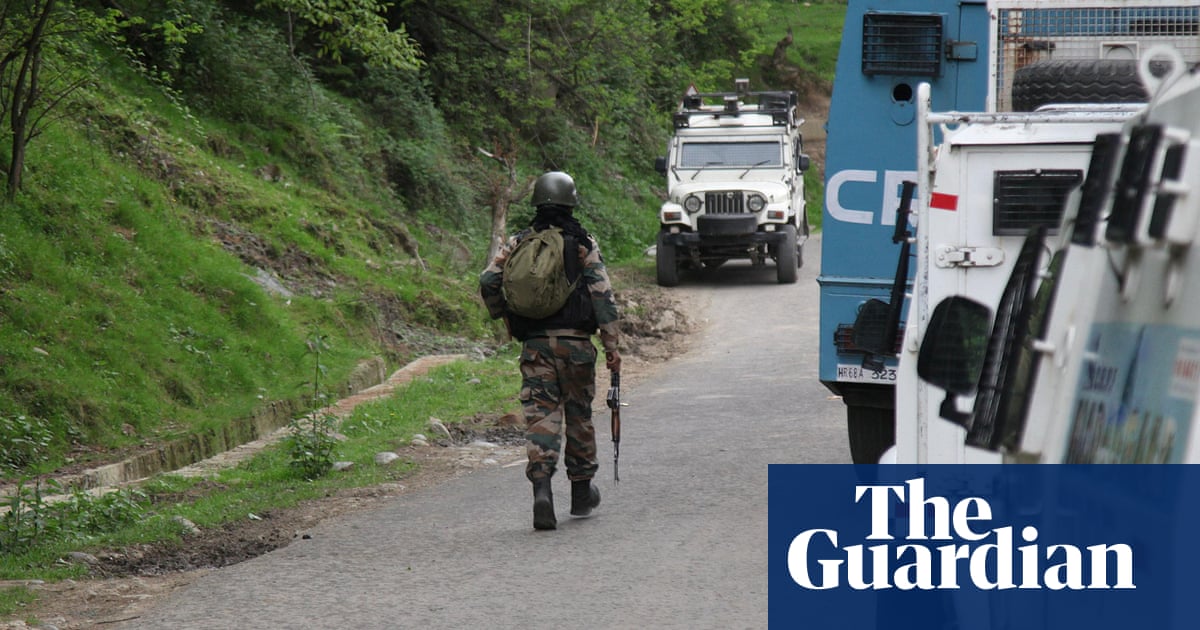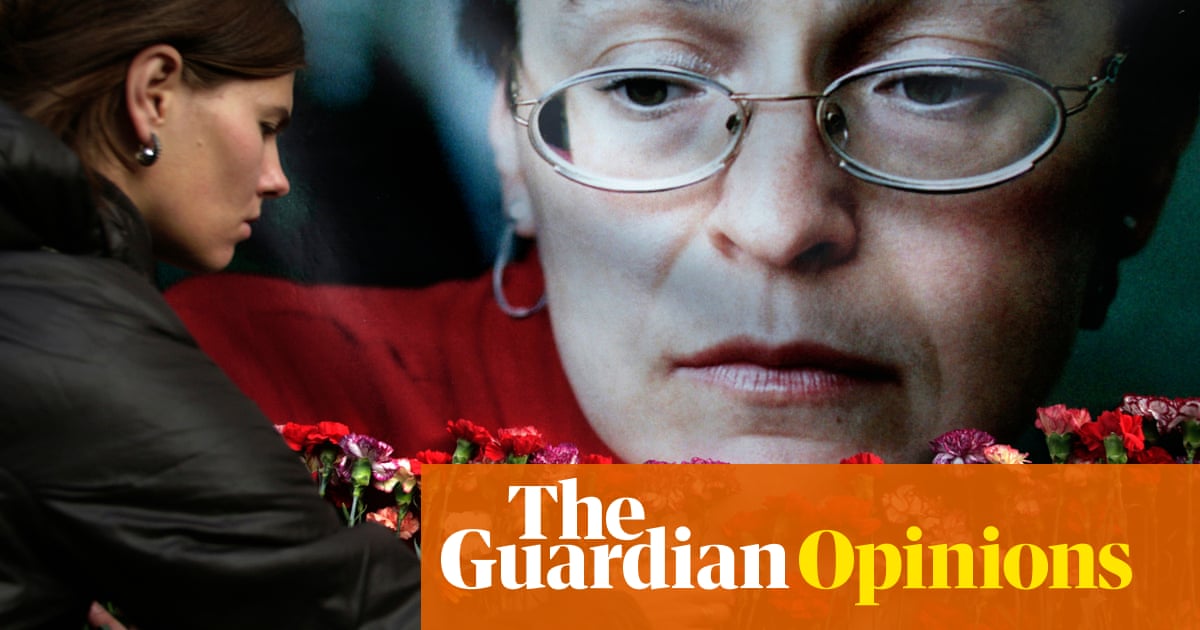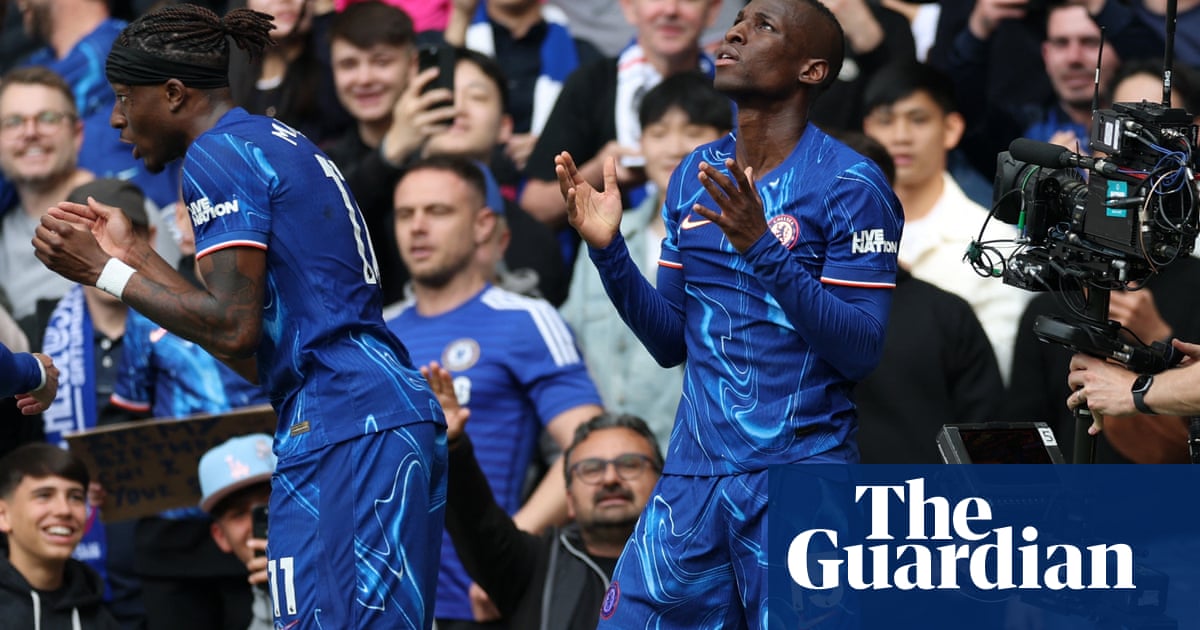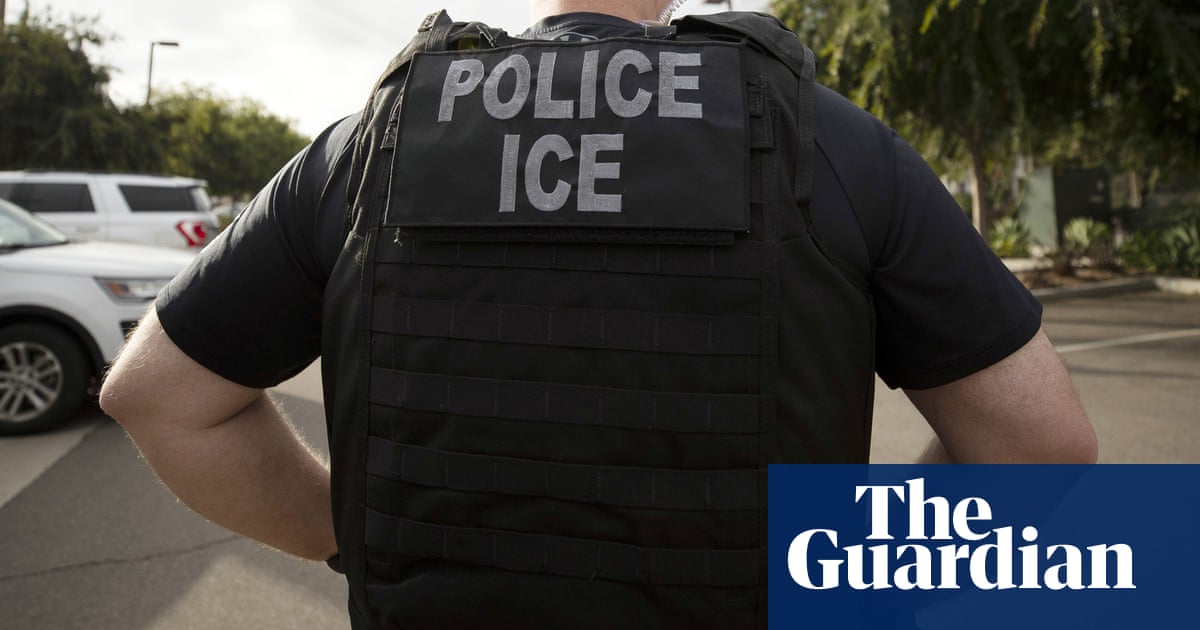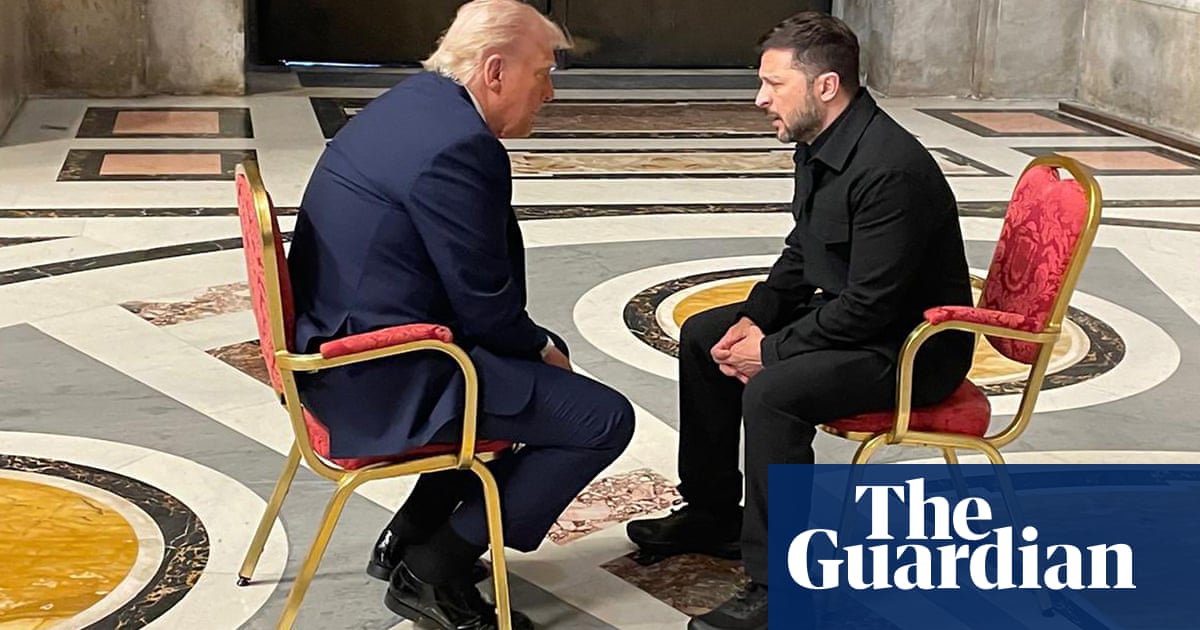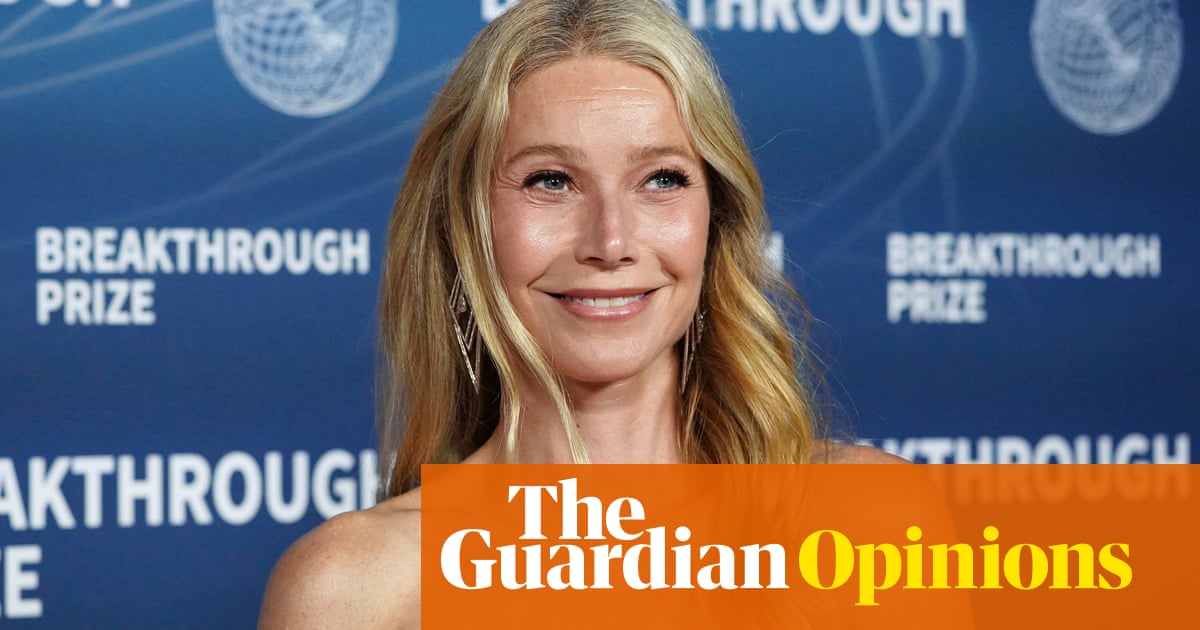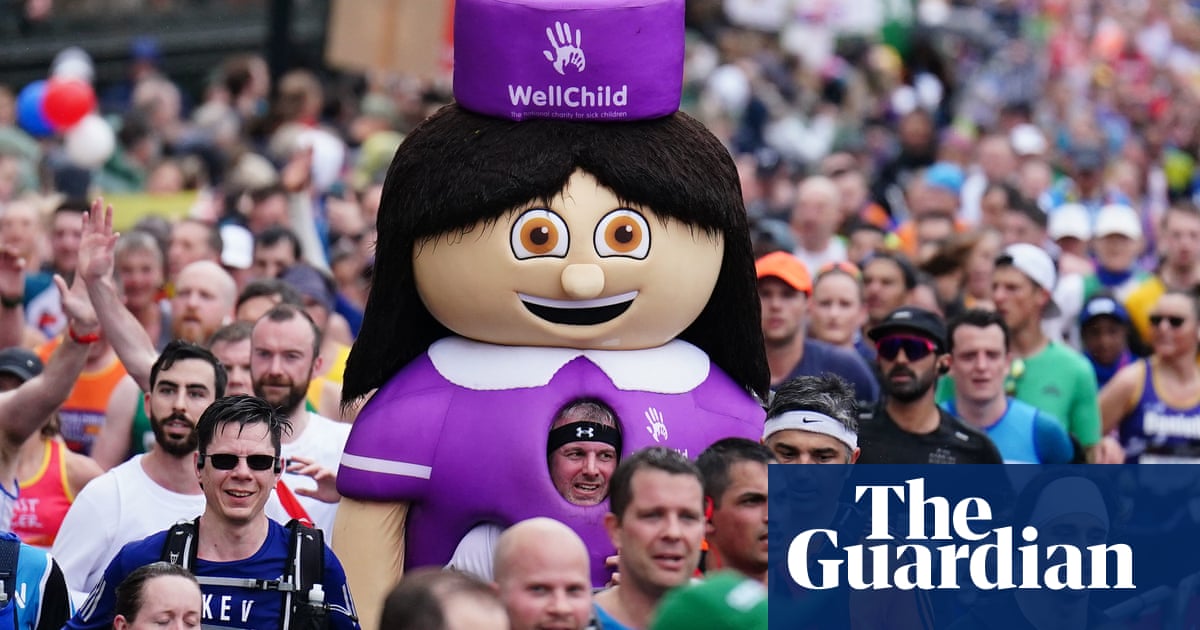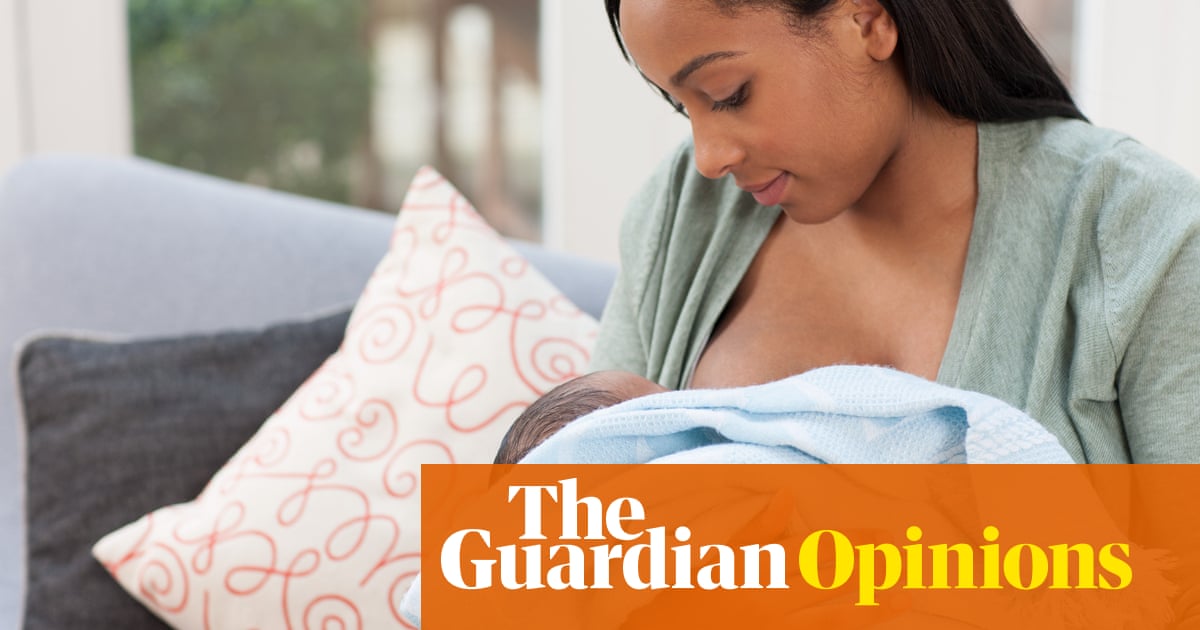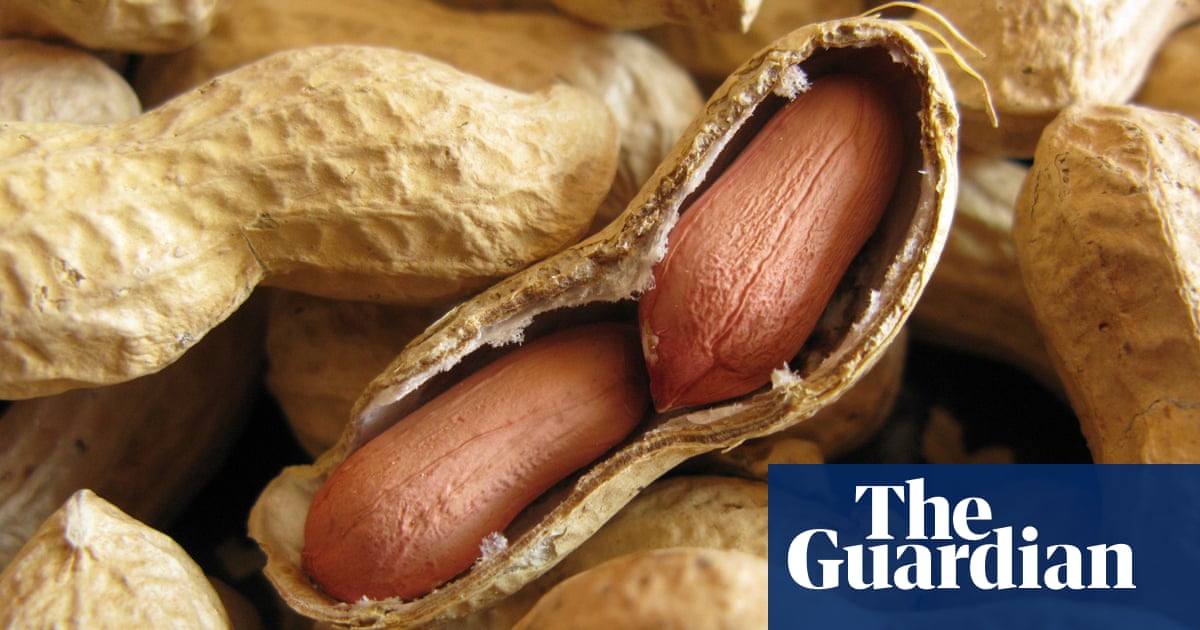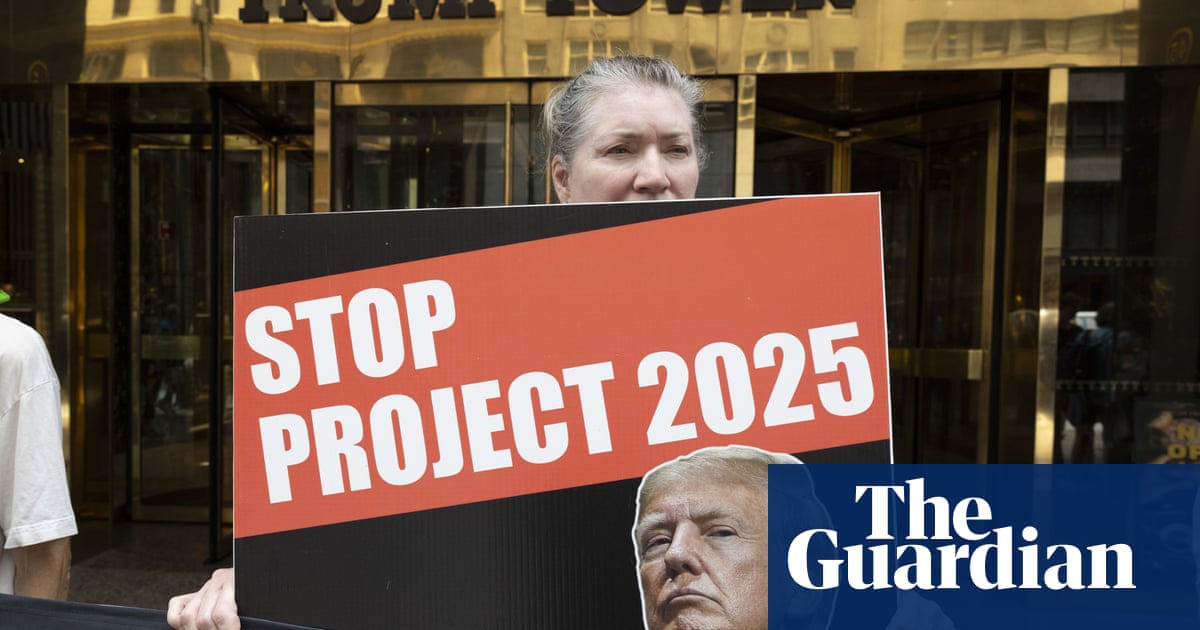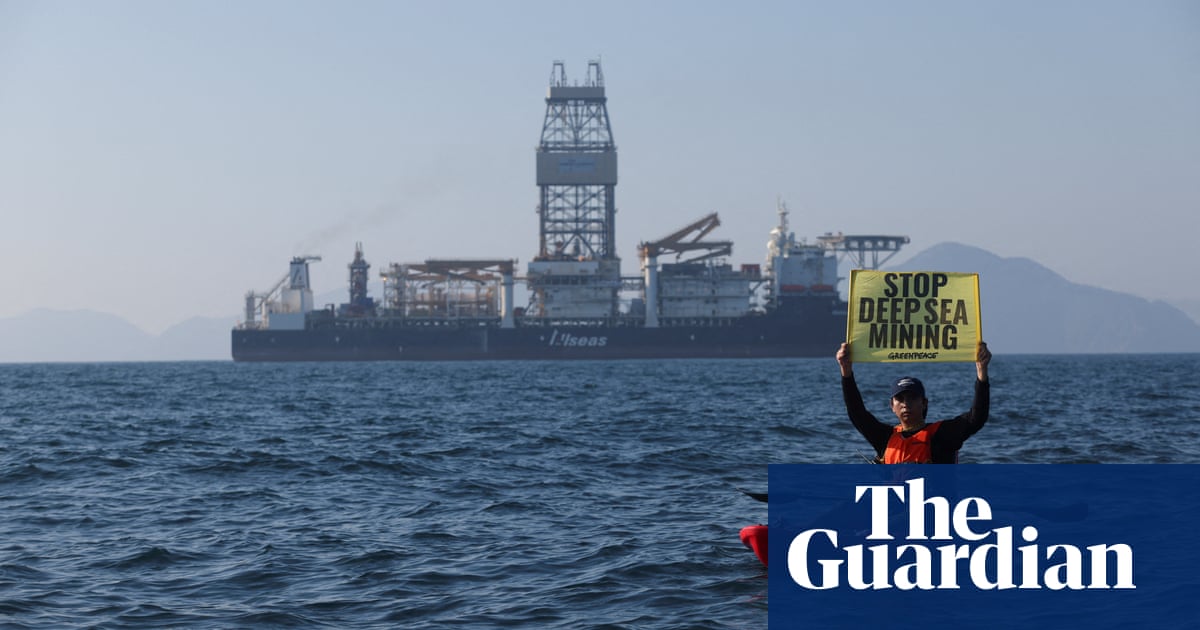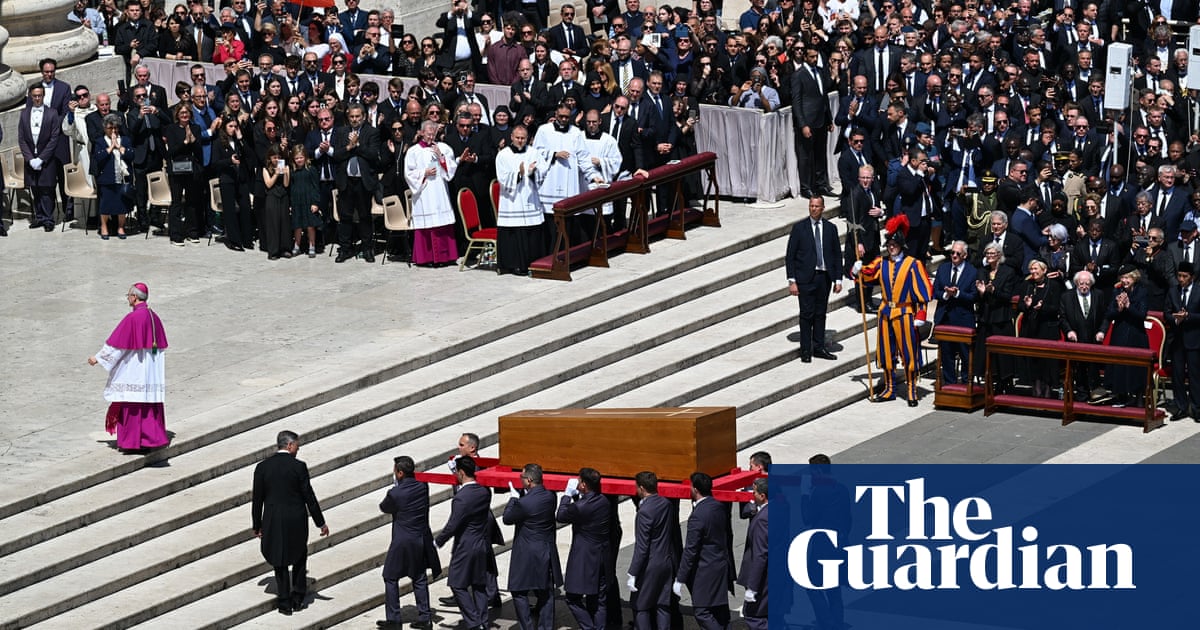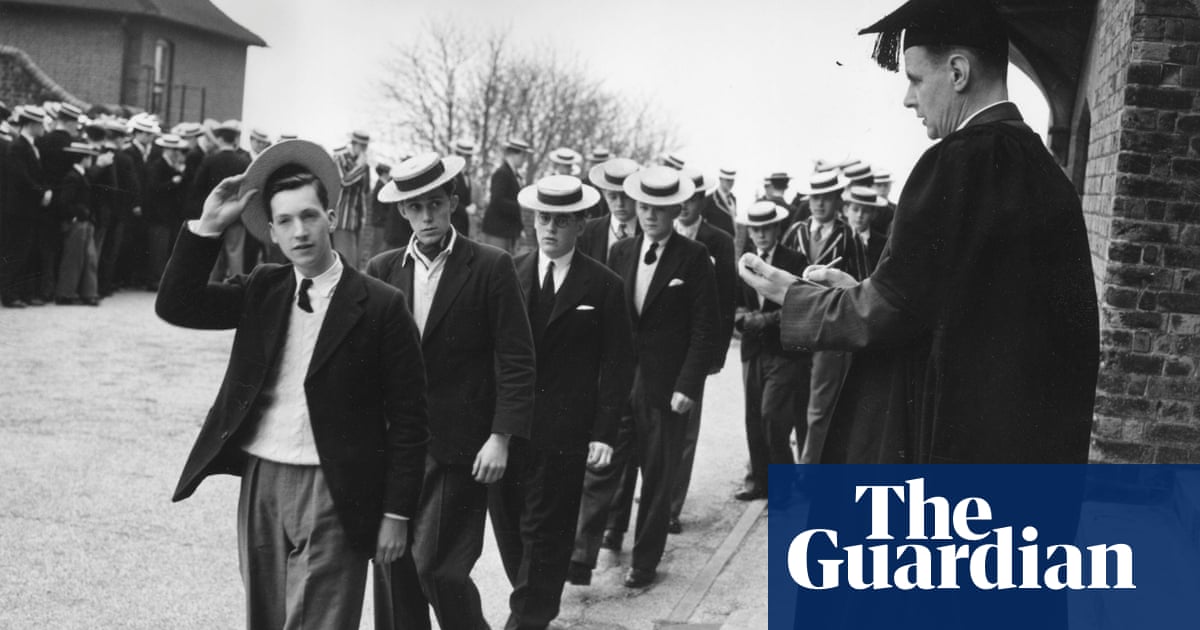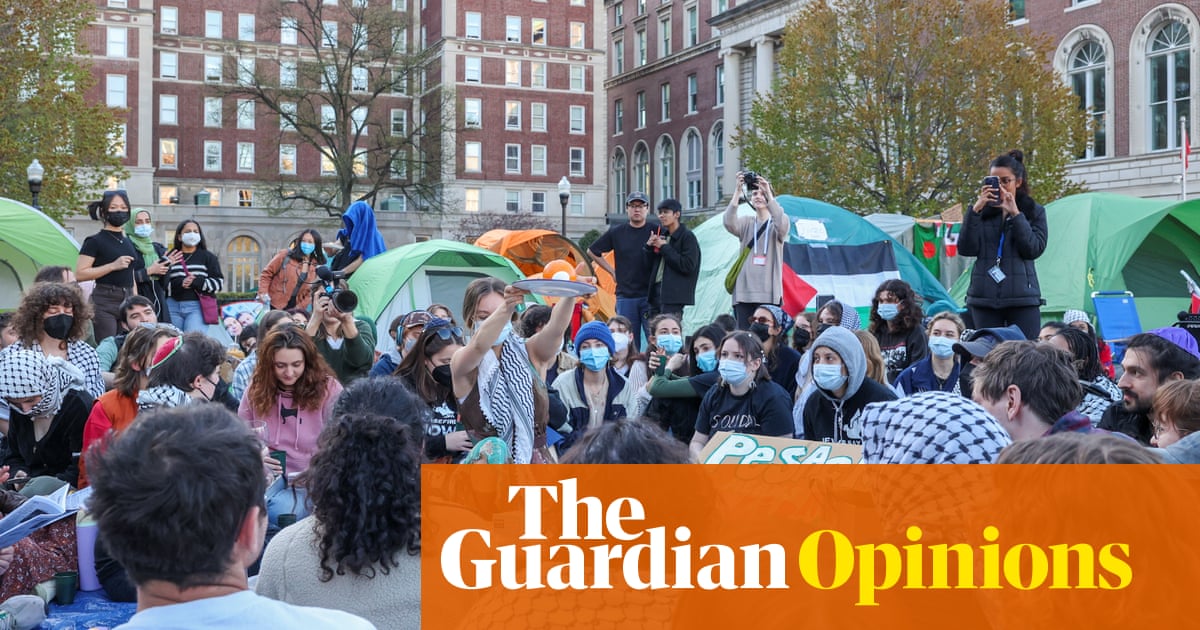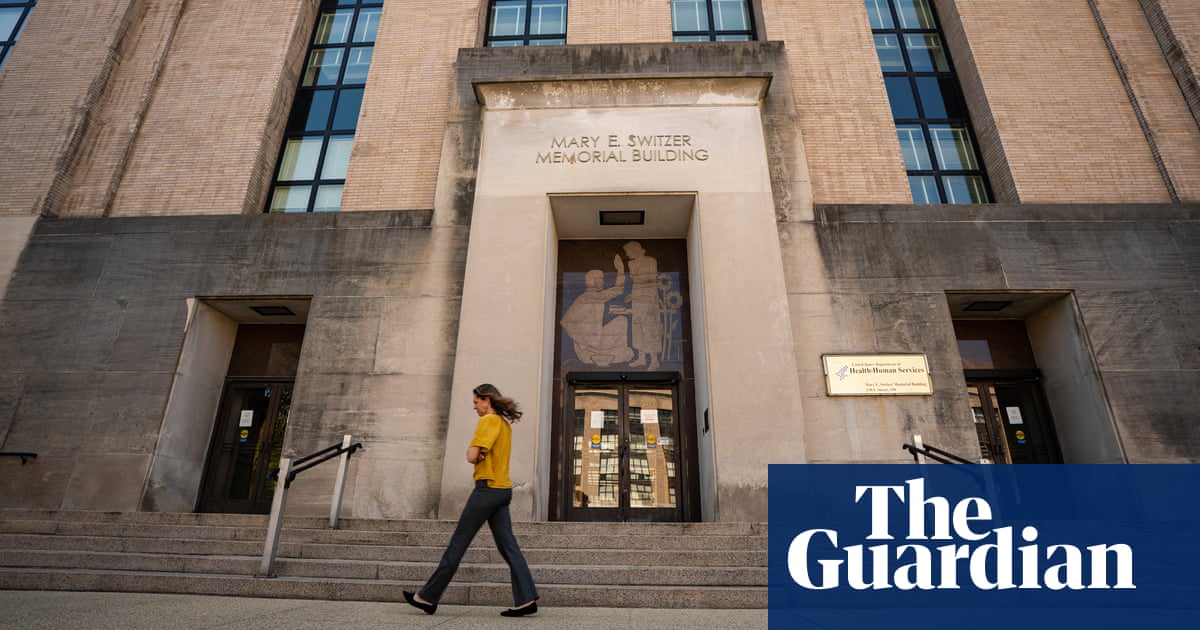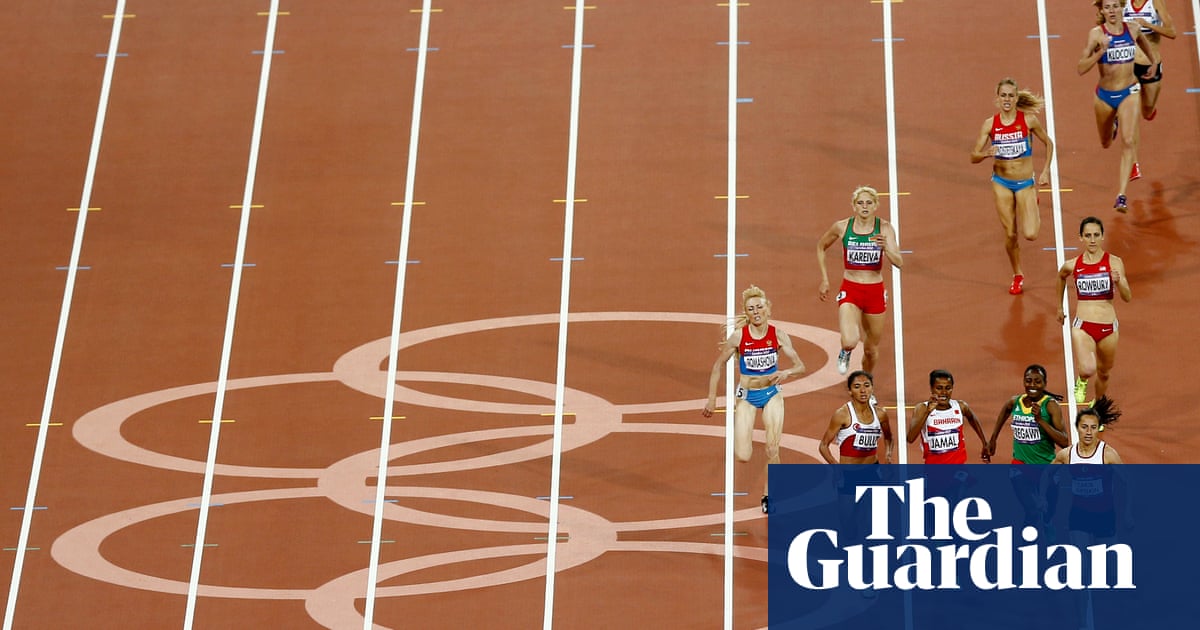Day 1,156 of the invasion; 24 April 2025. Thirty hours after the end of Russia’s fake “Easter ceasefire”. It is 6.21am: feeling anxious, I call my father. He is travelling by train from the western part of Ukraine to Kyiv, due to arrive in 40 minutes. He picks up the phone, and from his cheerful tone I gather that he has not yet heard the news. I ask if the train is running late. My father says everything is fine, he can already spot familiar places in the Kyiv region. He wants to know why I doubt the arrival time. I tell him that sadly Russia has been shelling the country all night long. In Kyiv, I say, we have lived through one of the worst nights. “I’m jumping in a taxi,” I add. “I’ll see you soon.”
Those who survive shelling often imitate the sounds of explosions when they talk about the experience. I instantly think of this when an early morning roll call of “how are you?” starts in the friends’ group chat. Whoosh. Whiz. Boom. Bang. The only thing I can write is the sounds of what came flying at us the during the night. Like a child learning to talk. Or a person who has lost the ability to speak.
The air-raid siren in Kyiv began at 12.36am. And from then until morning, my consciousness was being torn apart by the flapping of the wings of doves of peace. The piercing whistle of something Russian-North Korean flying over our house – then the explosion. The threatening rattle of Russian-Iranian Shahed drones above us – and the explosion. Machine-gun bursts and the noisy activity of our air defence. Two explosions make our house jump, set off the sickening screeching of the car alarms and shatter the balcony windowpane. Explosions, and then the screaming starts outside.
We hide in the bathroom – myself, my partner, Dasha, and our old chihuahua. There’s an explosion. The dog jumps up and tries to run, but Dasha catches him in a desperate leap. I ask her if she is OK, and she can only nod. She lacks words.
I check the news and the main story is Donald Trump saying that it is easier for him to negotiate with Vladimir Putin than with Volodymyr Zelenskyy. The world’s media present their versions of what the so-called “peace agreement” could look like. The details vary, but one thing remains constant – they all look like humiliation for Ukraine. In a deal between two macho men who ignore everyone’s interests except their own, it seems Ukraine should pay a terrible price for daring to survive and fight.

The terms of this peace agreement look more like punishment; an attempt to drown Ukraine in postwar reconstruction and a future without any guarantees of peace. With no clear mechanisms in place to implement the terms, it looks more like an attempt to bring Ukraine to heel. Is it just easier for everyone to pretend that the 1994 Budapest memorandum never existed? This accord committed the US, Russia and the UK to guaranteeing Ukraine’s independence, sovereignty and territorial integrity in exchange for the surrendering of nuclear weapons.
We have found ourselves instead in a Trumpian world that deals not in facts, but in variants of different narratives, waiting to see which one will be picked and validated. This throwing around and testing of narratives, this attempt to shock and wow, is a world built on the logic of wrestling, which is so dear to Trump’s heart. Mr President, by the way, has been inducted into the WWE Hall of Fame and has been known to step into the ring himself. Trump’s politics are an imitation of real politics, just as wrestling is not real sport but imitates it. His politics are just as spectacular and exaggerated, a show with fictitious characters and ascribed conflicts. However, this charade shatters when it collides with the real world and real-world villainous dictators, and the lives of real people.
And while I am trying to slow down the palpitations brought on by the explosions and screams outside my home, a crystal-clear realisation strikes me: if they fail to reach an agreement on their terms, with Trump’s tacit consent and the world’s non-interference, Putin will continue to rape Ukraine and its civilian population.
And my question – why, after more than 10 years of war and more than three years of invasion, are we once again left one-on-one with a murderer? – is drowned out by more explosions. The air is filled with smoke. A black hazy blanket hangs over our neighbourhood. My country is on fire.
At 6.33am, the air-raid alert in Kyiv finally gives the all clear. I jump into a taxi to the railway station to find my father.
The first official reports start coming in. In Kyiv alone, there are at least 12 dead and 70 wounded. Russia’s combined peace strike consisted of 70 missiles and 145 Shaheds. The Ukrainian defenders of the sky shot down 112 enemy air targets, and 16,000 Kyiv residents spent the night in the shelters – on subway platforms. The Russians, as is their custom, were aiming at residential buildings and civilians.
Despite the shelling of the railway infrastructure, and injuries to a conductor in Zhytomyr and a train driver in Kyiv, Ukrainian Railways once again remind us that normality is possible, and my father’s train arrives two minutes ahead of schedule.
after newsletter promotion
My father is surprised to see me wearing a bright pink hoodie. I smile through the exhaustion and say that this morning I need cheering up in any way possible. We hug. We watch the servicemen getting off the train, familiar military badges on their sleeves.
We enter the station lobby. It’s 30 minutes after one of the most brutal shellings of this war, and a soldier is playing the piano. His trunk is next to him. And he is playing his music against all odds. My father and I step on to the escalator to go up to the second floor.
I turn back to look at the pianist, then shift my gaze, and at the exit we are greeted by the sculpture Volya by Ukrainian artist Oleksiy Say, installed just a few days ago. The sculpture is made from letters recovered from a welcome sign in the frontline village of Lyubimovka in the Kherson region. Broken and mangled letters form the word “volya”, which in Ukrainian means both “freedom” and “will”.
Freedom and will. I think these words should be enough to get us through another day. Having survived this night of peace enforcement, purely by chance.
-
Oleksandr Mykhed is the author of The Language of War and a member of PEN Ukraine. Translated by Maryna Gibson

 10 hours ago
6
10 hours ago
6
